
Demeter figurines were found in the ancient city of Aigai, the land of goats
During the excavation works at Aigai Ancient City, which derives its name from the Greek word ‘αίγα’ meaning goat, two statuettes depicting Demeter, known in Greek mythology as the goddess of earth and fertility, along with fragments of an embossed vase, were found in a cistern.
Aigai is located near the Köseler neighborhood of Yunt Mountain in the Yunus Emre district of Manisa. Unlike typical Hellenic settlements, Aigai was founded on Mount Yunt, formerly known as Aspordenos, in a mountainous area relatively distant from the Aegean Sea.
Excavations at the ancient city of Aigai, dating back to the 8th century BC, are ongoing under the leadership of Professor Dr. Yusuf Sezgin, the head of the Department of Archaeology at Manisa Celal Bayar University’s Faculty of Arts and Sciences.
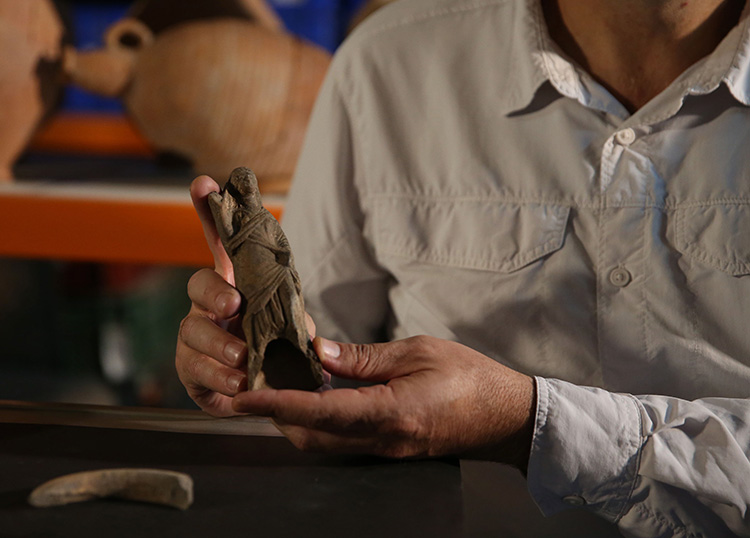
Excavating the area designated as the ‘Athena Sacred Site,’ our team came across a cistern structure by the roadside. During the excavation, we encountered unexpected findings,” shared Yusuf Sezgin. “The cistern we excavated this year is notably different from others in both its form and the artifacts found inside. For instance, beneath a carved feature we call the ‘cistern ornament’ at the mouth of the cistern, we discovered a specially placed figurine. Typically, we don’t find such figurines within cisterns. Particularly intriguing was the presence of a small statue depicting the goddess Demeter, recognizable from mythology, deliberately placed or laid there. What’s interesting is that it’s not just one; another figurine of the goddess Demeter in the same posture was found within the cistern. The third discovery, albeit fragmented and hence not very clear, appears to be parts of an embossed vase. These fragments exhibit sheaves of wheat, a symbol we associate with the goddess Demeter.”
📣 Our WhatsApp channel is now LIVE! Stay up-to-date with the latest news and updates, just click here to follow us on WhatsApp and never miss a thing!!
Assessing the cistern’s connection to the ancient mythological figure Demeter, known as the goddess of fertility and agriculture,” explained Professor Dr. Sezgin, “Demeter is the goddess of agriculture, responsible for the fertility and productivity of the earth. She is also a protector of plants… In rural ancient cities like Aigai, she is one of the most significant goddesses. Considering how challenging farming was in rural areas, Demeter held substantial importance. Hence, there is a profound cult dedicated to Demeter in Aigai.”
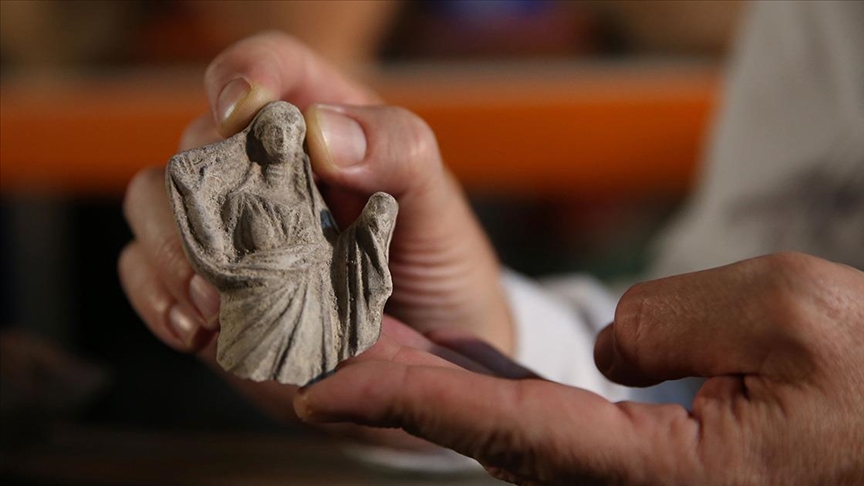
Sezgin noted that in mythology, there were festivals held in the name of gods or goddesses and special rituals for these holidays, and that they guessed that the cistern could be an area where these rituals were held.
Pointing out that the finds were unearthed approximately 50-60 meters from the Athena Sanctuary in Aigai, Sezgin concluded his words as follows:
“We thought about whether there might be a cistern associated with the festivals of Demeter on the road leading to the sanctuary. We have never encountered so many figures in any cistern before. It is not possible to say anything clearly, but we think it is probably a cistern associated with the goddess Demeter or her festivals.”
You may also like
- A 1700-year-old statue of Pan unearthed during the excavations at Polyeuktos in İstanbul
- The granary was found in the ancient city of Sebaste, founded by the first Roman emperor Augustus
- Donalar Kale Kapı Rock Tomb or Donalar Rock Tomb
- Theater emerges as works continue in ancient city of Perinthos
- Urartian King Argishti’s bronze shield revealed the name of an unknown country
- The religious center of Lycia, the ancient city of Letoon
- Who were the Luwians?
- A new study brings a fresh perspective on the Anatolian origin of the Indo-European languages
- Perhaps the oldest thermal treatment center in the world, which has been in continuous use for 2000 years -Basilica Therma Roman Bath or King’s Daughter-
- The largest synagogue of the ancient world, located in the ancient city of Sardis, is being restored

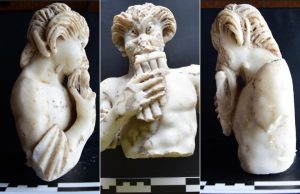
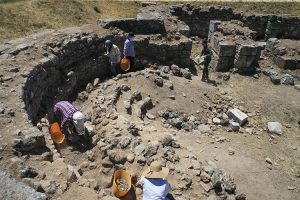
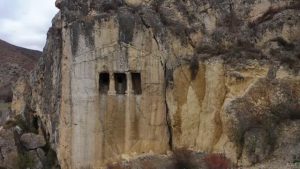
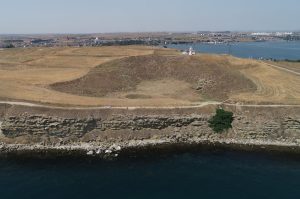
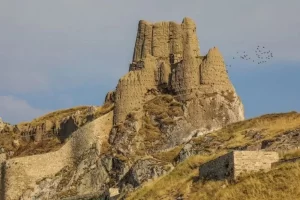
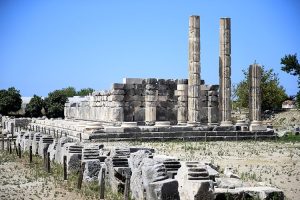
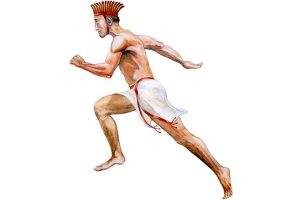

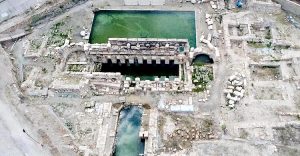
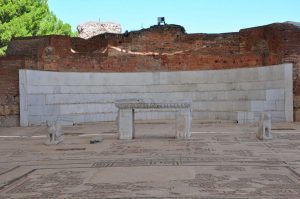
Leave a Reply